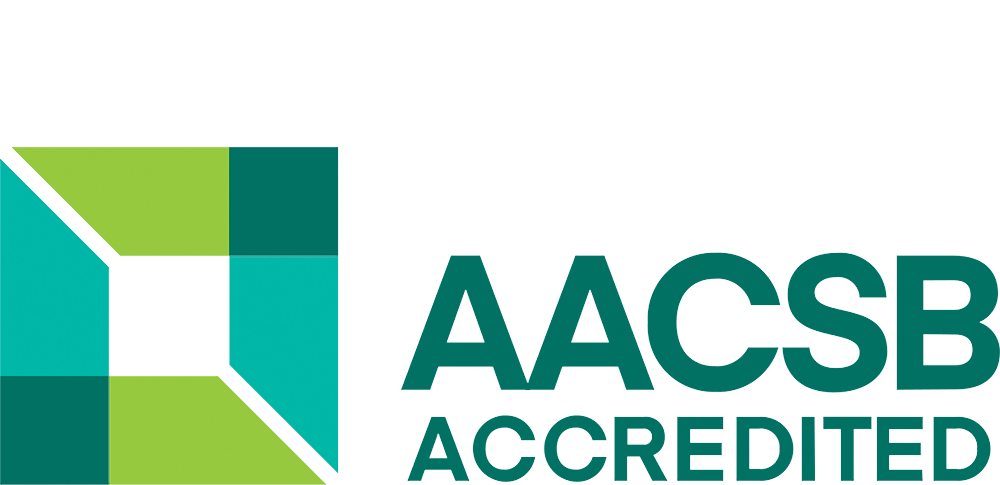Choosing the right vocational training is not always easy: there are hundreds of vocational training courses. We advise you to clearly define your objectives and to do thorough research before making your choice. What questions should you ask yourself before taking a course? To start a professional reconversion? What criteria should you study in order to make the right choice? What is the most suitable training course? Continuing vocational training? The apprenticeship contract? In this article, we explain what to pay attention to in order to choose the vocational training that best suits your needs.
Short courses
Clearly define your needs in order to choose the right vocational training course
The first criterion to be studied in order to make the right choice of vocational training is the objective of the training. First and foremost, you must make sure that the programme and the options on offer correspond to your career plan. Your career plan must be carefully thought out; otherwise you risk embarking on a course that does not really correspond to your expectations or your way of life.
So take the time to analyse the training programme to determine whether it will enable you to achieve your goal. You should also ask yourself whether the training of your choice is compatible with your schedule. There are long courses, short courses, executive education (the whole course is followed in school) and work-linked training.
The question of vocational guidance is also a key issue and deserves further consideration. What are the real objectives of the training? It may be a retraining programme, or the desire to move up to a higher position.
Executive education
Criteria to be examined in order to know which vocational training to choose
Acquiring new skills through vocational qualification training is an important choice. Here are a few criteria that you should never overlook when choosing a vocational training course.
The training organisation
The benefits of vocational training are certainly many, but you can only take full advantage of them if you choose your training organisation carefully. You need to make sure that it is serious. To do this, make sure that the training organisation and the diplomas you are preparing are recognised by the state. One of the first points to check is also that the training provider is listed by DataDock. This label ensures that the training organisation is in compliance with legislation, is in a good financial situation and has achieved a good level of satisfaction among its students.
By 2022, the new Qualiopi certification will attest to the quality of training providers.
In some cases, it is possible that the training organisation you are targeting may be a partner of other schools or large companies. This point is, once again, a guarantee of quality that needs to be checked.
The training quality
It is important to find out about the quality of the courses taught at your future school. Collecting testimonials from former students is a good way to ensure the quality of the professional training courses taught. What was their professional development after graduation? What is their opinion on the quality of the courses, the seriousness of the teachers?
You can also find out more about the teachers: while experienced and qualified teachers are often a sign of good teaching, the contributions of experts from the business world guarantee that the courses are firmly rooted in the daily professional life of the participants. Finally, make sure that the organisation offers quality training, but also monitors the students.
Terms and conditions of access
The modalities of access to training centres differ from one institution to another. Some are accessible at baccalaureate level, while others require professional experience in a specific field. As part of degree programmes, the grandes écoles and other higher education institutions often operate on an entrance test basis. In such cases, students are selected on the basis of their academic record and usually following written and/or oral examinations.
Price and financing possibilities
The financing of vocational training should be taken into account before choosing a school. Some schools are expensive: registration and tuition fees represent a significant amount of money that it is not always possible to pay yourself. There are several ways of paying for training courses. These include the Compte Personnel de Formation, the CPF de transition professionnelle (CTP), the AIF (Aide Individuelle à la Formation, offered by Pôle Emploi) or the skills development plan. The choice of your funding body depends on your project, your rights and your professional status. We advise you to find out about your possibilities and make sure you are eligible before you consider enrolling in a training course.
You have understood that training is not something you decide on lightly. It is essential to mature your choice before choosing a vocational training course. Continuing education, validation of acquired experience, professionalization contract... There are many possibilities. However, you must make your choice according to your real needs: changing jobs or moving towards a new professional activity is an important choice in any career path.
Contact-us







